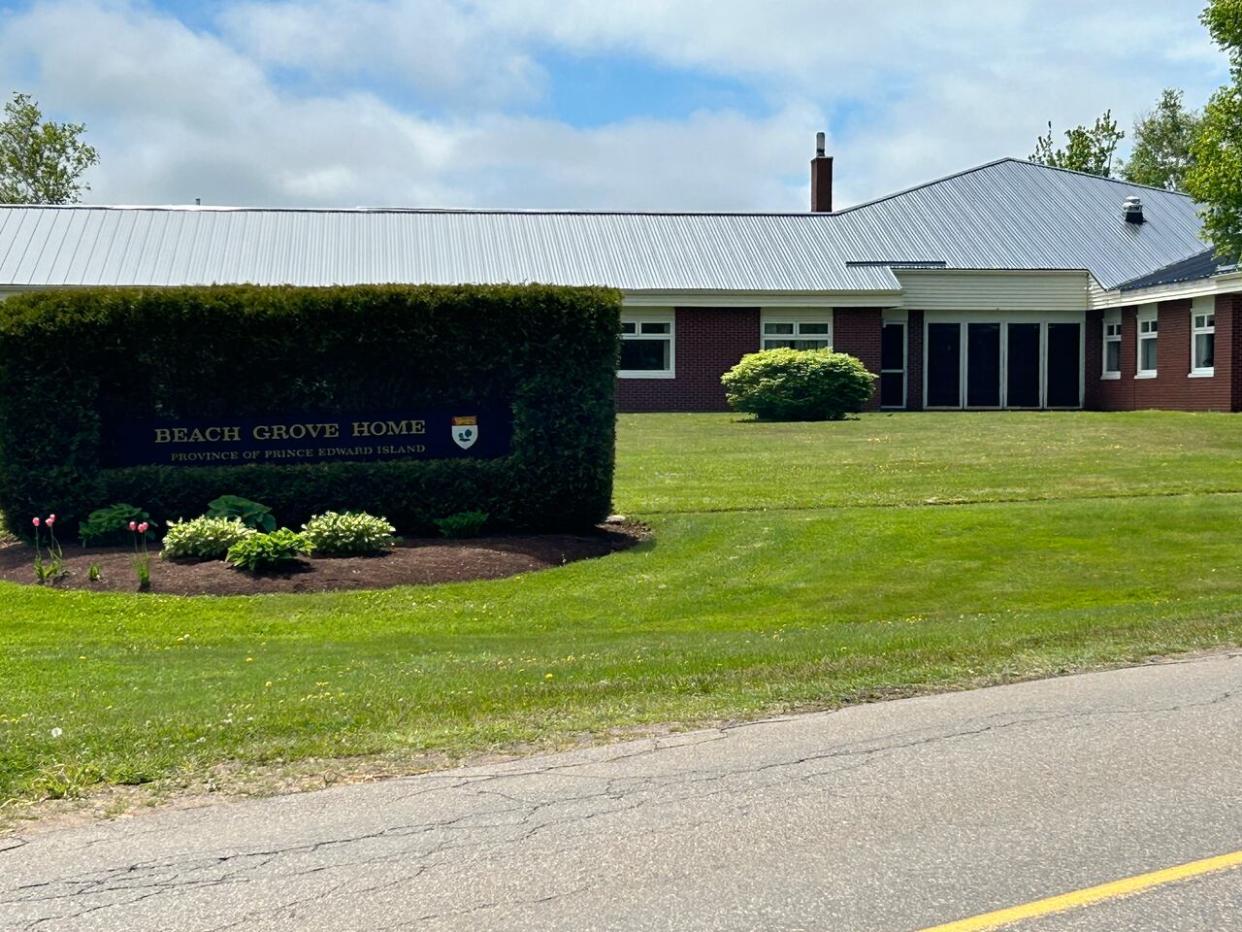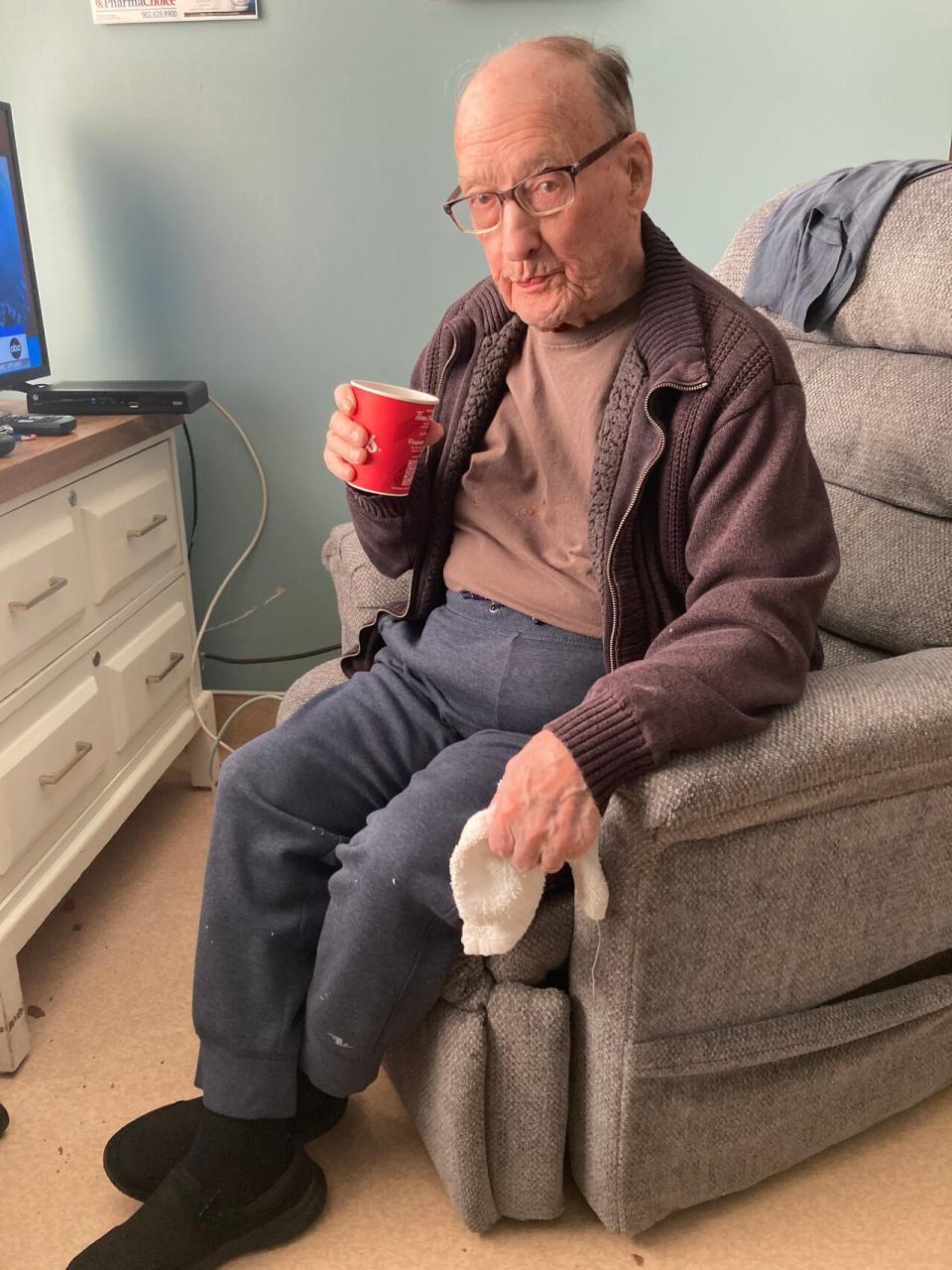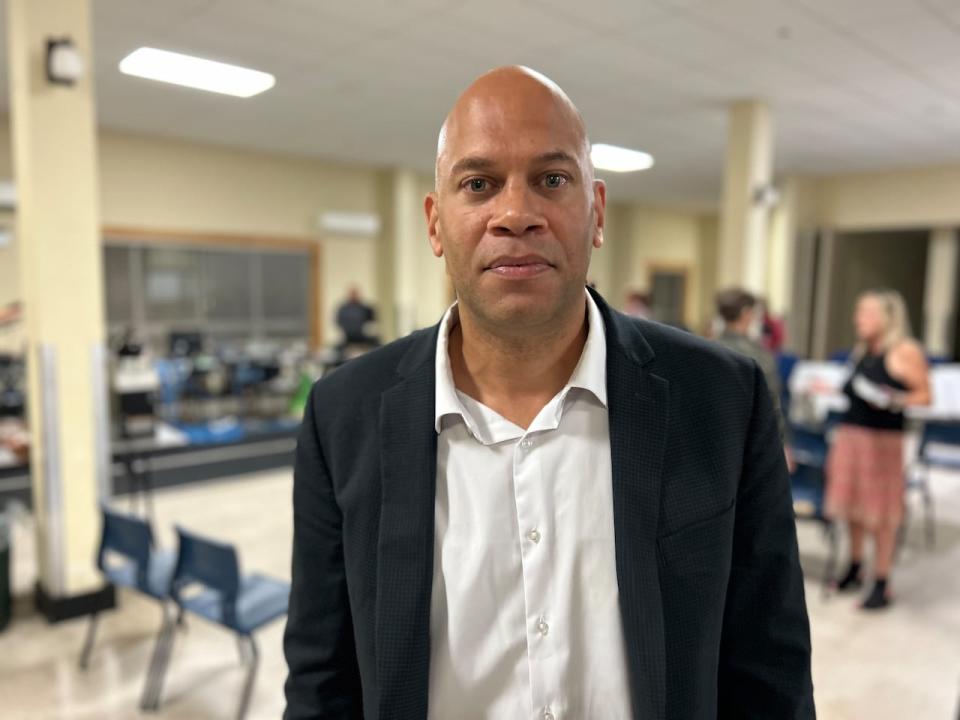'Out of the blue' increase pushes up P.E.I.'s long-term care costs — again

For the second time in less than a year, P.E.I. is increasing the amount it charges people who live in government-run seniors' care homes but aren't covered by its subsidy program.
On July 1, those residents will start paying $114.67 per day for room and board. That's 24 per cent higher than the $92.19 daily rate they were paying back in September, before the first of two increases.
For residents like 97-year-old Norman MacNeill, the two increases add up to an extra $700 per month, pushing accommodation fees up to about $3,550 monthly.
"These increases have just kind of been out of the blue, without much of an explanation, and it's really driving up his costs substantially," MacNeill's son Ron said in an interview.
He had a challenge for the province: "Show me how the rates are determined or calculated. What index is being used to increase the rates?"

Ron MacNeill says a pair of recent rate increases are unfair to a vulnerable population. (submitted)
Back in 2023, the province told CBC News that about 85 per cent of residents at government-run care homes are covered by the LTC subsidization program and aren't affected by any rate changes. That means 15 per cent of residents must pay their full costs themselves.
According to the province's website, someone with an annual income of less than $43,500 will qualify for the subsidy. Ron MacNeill said his father's pension puts him just above that threshold.
The province pays medical costs for all residents.
Letter to residents cites inflation
"Due to inflation and the general rising costs of goods and services, the cost of accommodation in your long-term care home is increasing," Trevor Waugh, the provincial director of long-term care, wrote in one of two letters to residents and family members advising them of the increases.
The rate increases apply only to residents in government-run long-term care homes. Private homes set their own accommodation rates.

Beach Grove resident Norman MacNeill in his room, which his son Ron describes as small and basic. (submitted)
Neither Health P.E.I. nor the provincial health department would provide an interview about the increases. In an emailed statement, Health P.E.I. said the increases follow three years where rates remained the same, and that the changes were made to align prices with those in private-sector care homes.
This isn't the first time MacNeill has complained about fee increases for residents. He did the same back in 2019, when residents were also facing double-digit increases.
If you're a 97-year-old patient, what can you do? You can't go anywhere if the rate is too high. You have no right of appeal. — Ron MacNeill
MacNeill said he was told by the Liberal health minister of the day, Robert Mitchell, that the province would move to predictable annual rate increases, but that hasn't happened.
'Astronomical' increase
Currrent Liberal MLA Gord McNeilly said it's a big bill to give to seniors just as inflation is beginning to ease.
"The increase has been astronomical, this year alone," said McNeilly.
He said a more reasonable increase would be in the range of around two per cent.
McNeilly suggested increases in federal health transfers could be used to keep rates lower for unsubsidized long-term care residents.

MLA Gord McNeilly says an increase of two per cent a year would be more reasonable than the actual increase of 24 per cent when you add the two most recent rate hikes together. (Tony Davis/CBC)
As a renter, Ron MacNeill pointed out that the Residential Tenancy Act limits his personal rent increases to at most six per cent per year — and he can appeal to the Island Regulatory and Appeals Commission if he feels a rent hike is unfair.
But his father, facing an increase of 24 per cent at the hands of the provincial government, has no choice but to pay it.
"He doesn't have any protections," MacNeill said. "These folks have no options.
"If you're a 97-year-old patient, what can you do? You can't go anywhere if the rate is too high. You have no right of appeal."


